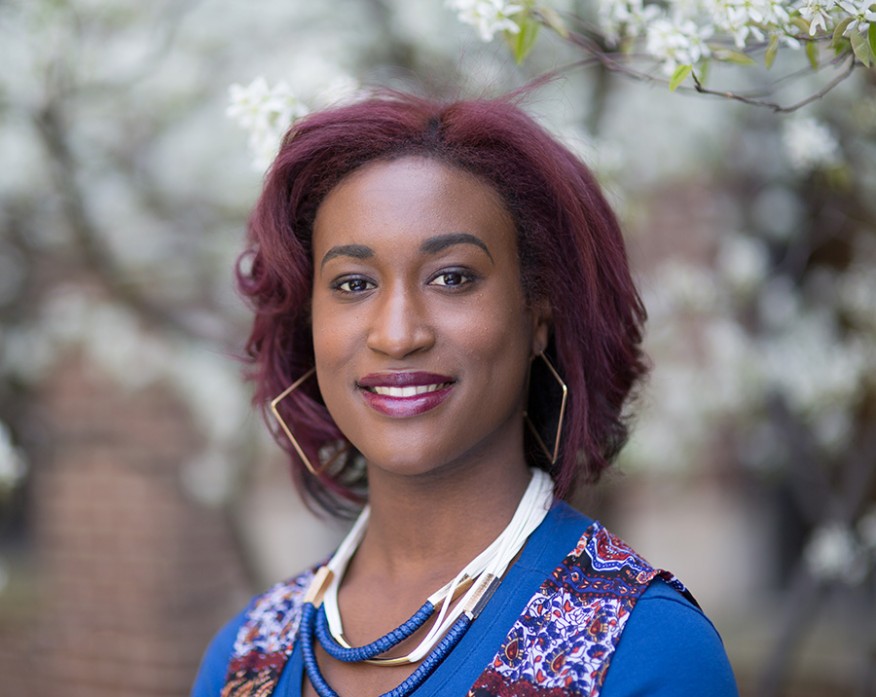-
Practice Method Concentration:Interpersonal Practice
-
Practice Area:Health
Kendall Johnson had an epiphany during her last semester of pre-med: the role she wanted to play in healthcare was not in diagnosing or treating presenting symptoms. She was interested in developing deeper relationships with patients to better help them cope with their illness, hospitalization, after care and the transition back home.
“I want to know the whole person. Building trust and rapport helps patients and their families feel more comfortable, and allows me to open up conversations about the underlying factors affecting them, such as home life, family dynamics, community, jobs and resources available to them. I chose medical social work because I think I can make the greatest impact in a patient’s health by making their hospital experience feel a little less frightening, and their after care more effective.”
Johnson is the 2015 recipient of the Mary DeLue Romano Memorial Scholarship. The award was established by Ross and Leona DeLue to honor the memory of their daughter, Mary DeLue Romano, MSW ‘68, who made patient advocacy her life’s work.
“Mary DeLue Romano was dedicated to empowering and rehabilitating patients with disabilities. As a woman and a future medical social worker, receiving this scholarship in her name is very empowering for me.”
Johnson is one of two students selected to work on a pilot program that aims to develop a social work presence at the Wayne County Medical Examiner’s Office in Detroit. The Medical Examiner's Office provides forensic death investigations, autopsy and toxicological services to the general public, medical and legal community so they can have documented, timely and accurate cause and manner of death.
Johnson is responsible for helping to develop a social work program from the ground up, including educating medical staff on the role of a social worker and pulling together grief resources such as counseling and support groups. She also works directly with grieving families, providing immediate support in the initial shock of the loss of a loved one.
“It has been very challenging and intense,” said Johnson. “The deaths are usually very traumatic. The hardest part is seeing families struggling with the realities of what’s happened to their loved one but not having enough resources in place to effectively support them. The pilot program is helping us provide each family with individualized comfort and care, and to better address a family’s specific needs, such as providing counseling for a young child who has lost a parent or sibling.”
Johnson’s experience with the medical examiner’s office has inspired her to pursue her PhD and focus her research on disparities in health and traumatic death-related support in the Detroit area, where she grew up.
“A large majority of the homicides in Wayne County are African-American individuals. These homicides affect entire communities, not just one family. There’s a tremendous gap in services available to these families. I am going to try to change that.”
